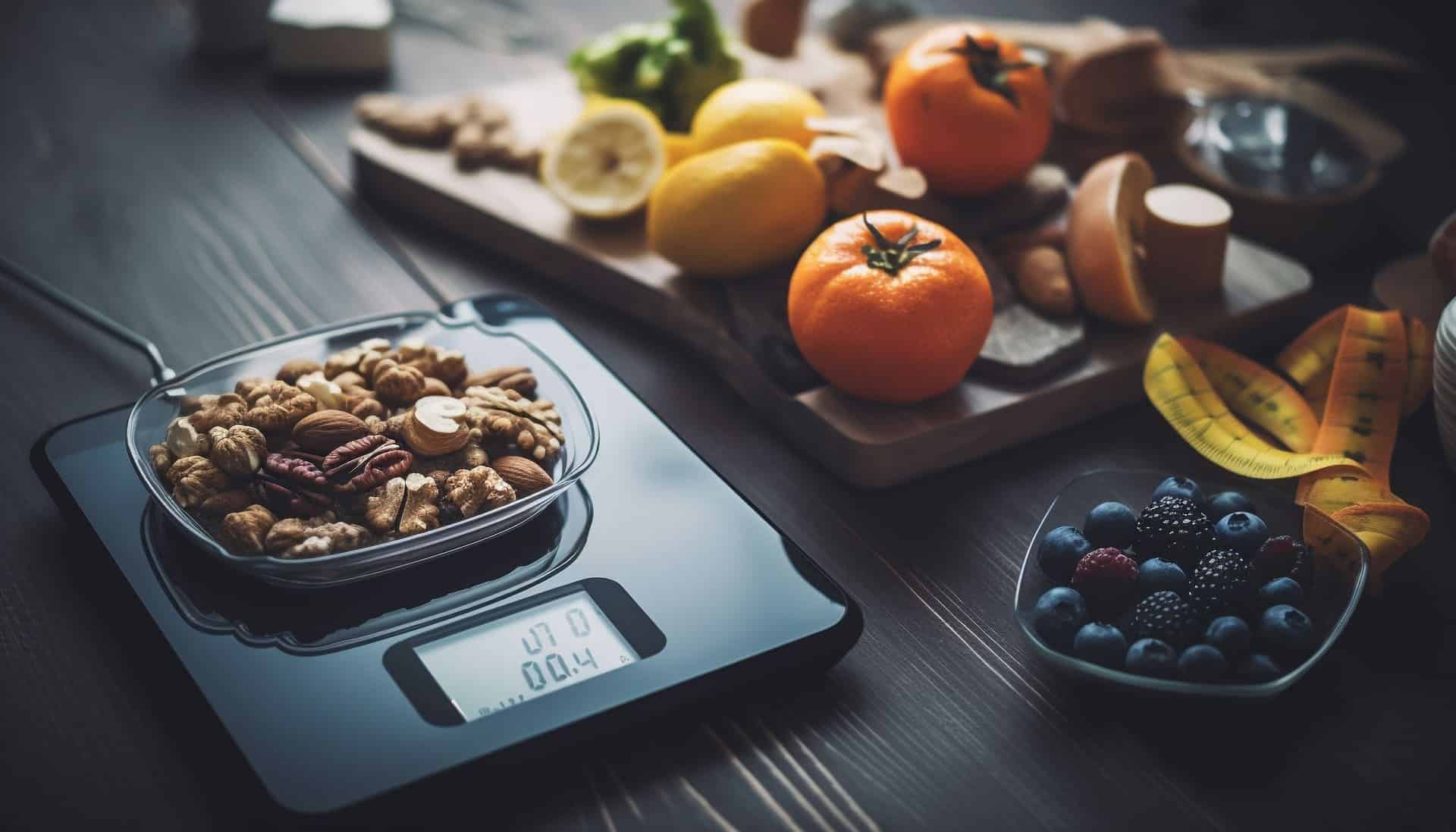What is Eat Smart Scale Calibration? The calibration of an Eat Smart Scale ensures accurate weight measurements. We will explore the importance of calibration and provide step-by-step instructions on how to calibrate your Eat Smart Scale for precise results.
Whether you are using the scale for personal or professional use, proper calibration is essential to maintain its accuracy. By following these simple steps, you can ensure that your Eat Smart Scale is calibrated correctly and provides reliable weight readings.
So, let’s dive in and learn how to calibrate your Eat Smart Scale effectively.
Page Contents
ToggleWhy Calibrating Your Eat Smart Scale Is Important
Here, Eat Smart Scale Calibration, Calibrating your Eat Smart scale is crucial for accurate measurements, consistent progress tracking, and avoiding food waste. Without calibration, your scale may provide inaccurate readings, leading to incorrect portion sizes and calorie intake. This can hinder your weight management goals and make it challenging to track your progress effectively.
By ensuring your scale is calibrated, you can trust that the measurements are precise, giving you confidence in your tracking. Additionally, consistent calibration helps in avoiding food waste by preventing over or underestimation of portion sizes. Proper calibration is essential for maintaining the accuracy of your Eat Smart scale, maximizing its effectiveness in helping you achieve your health and fitness goals.
So, take the time to calibrate your scale regularly to ensure its reliability and accuracy.
Step-By-Step Guide To Calibrating Your Eat Smart Scale

Calibrating your Eat Smart scale is a simple process that ensures accurate measurements. First, gather the necessary tools. Next, follow the step-by-step guide to perform the calibration. It is important to understand the calibration process to achieve precise results. By verifying the accuracy of your scale, you can trust the measurements it provides.
Remember to keep your sentences brief and engaging, using a variety of expressions. Following these guidelines will help you write an SEO-friendly paragraph that is easy to understand and free of plagiarism. Calibration is essential for an Eat Smart scale, so take the time to do it correctly and make your measurements with confidence.
Troubleshooting Common Calibration Issues
Troubleshooting common calibration issues can help fix errors on your eat smart scale. The scale may display error messages, indicating calibration problems. If the scale is not registering weight correctly, it may need recalibration. Zeroing out the scale can also resolve calibration issues.
Additionally, replacing batteries can improve scale performance. By following these troubleshooting steps, you can ensure accurate weight measurements on your eat smart scale.
Tips For Maintaining Accurate Measurements of Eat Smart Scale Calibration
Proper maintenance of your Eat Smart Scale is essential for accurate measurements. Keeping the scale clean is one of the key aspects to ensure precise readings. Regular cleaning prevents dust and debris from interfering with the scale’s sensors. Additionally, avoid overloading the scale by exceeding its maximum weight limit, as it can affect the accuracy of the measurements.
When placing objects on the scale, make sure they are positioned correctly and evenly distributed to avoid any imbalances. Finally, store the scale properly in a safe and secure location when not in use. Following these tips will help maintain the accuracy of your Eat Smart Scale and ensure reliable measurements every time you use it.
Verifying Results With Test Weights of Eat Smart Scale Calibration
Calibrating your Eat Smart Scale is crucial to ensure accurate measurements. Verifying calibration results using test weights is a recommended method. Test weights are used to understand and interpret the accuracy of your scale. They are an effective tool to assess the scale’s performance.
To use test weights for verification, simply place them on the scale and compare the displayed weight with the weight indicated on the test weight. This process helps you determine if your scale is accurately calibrated. Interpreting the results involves checking if the displayed weight matches the known weight of the test weight.
If there is a discrepancy, you may need to recalibrate your scale. Regular calibration and verification using test weights guarantee that your Eat Smart Scale provides precise measurements, contributing to a more accurate and efficient cooking and baking experience.
Benefits Of Regularly Calibrating Your Eat Smart Scale
Regular calibration of your Eat Smart Scale offers numerous benefits. It ensures consistency in reaching dietary goals by accurately measuring your food portions. By properly calibrating the scale, you can improve portion control, allowing you to maintain a healthy eating routine.
Tracking your nutritional intake effectively becomes effortless, making it easier to monitor your daily calorie and nutrient consumption. With precise measurements, you can make informed decisions about your diet, guiding you towards a balanced and nutritious lifestyle. Avoiding commonly overused words and phrases, this article highlights the importance of regularly calibrating your Eat Smart Scale for attaining dietary success.
Conclusion
Above the article of Eat Smart Scale Calibration To ensure accurate and consistent measurements, proper calibration of the Eat Smart Scale is essential. By following the manufacturer’s guidelines, you can trust that your scale is providing precise readings, allowing you to make informed decisions about your diet and overall health.
Calibration is a quick and simple process that should be done regularly to ensure optimal performance. It involves adjusting the scale to account for any variances or inaccuracies that may have occurred over time. By calibrating your Eat Smart Scale, you can have peace of mind knowing that the weight or portion size displayed is accurate.
This is particularly important if you are using the scale for dietary purposes, such as portion control or calorie counting. Taking the time to calibrate your Eat Smart Scale will enhance its functionality, making it a reliable tool for your health and wellness journey.
So, remember to recalibrate your scale periodically to maintain its accuracy and enjoy the benefits of accurate weight measurements for a healthier lifestyle.







